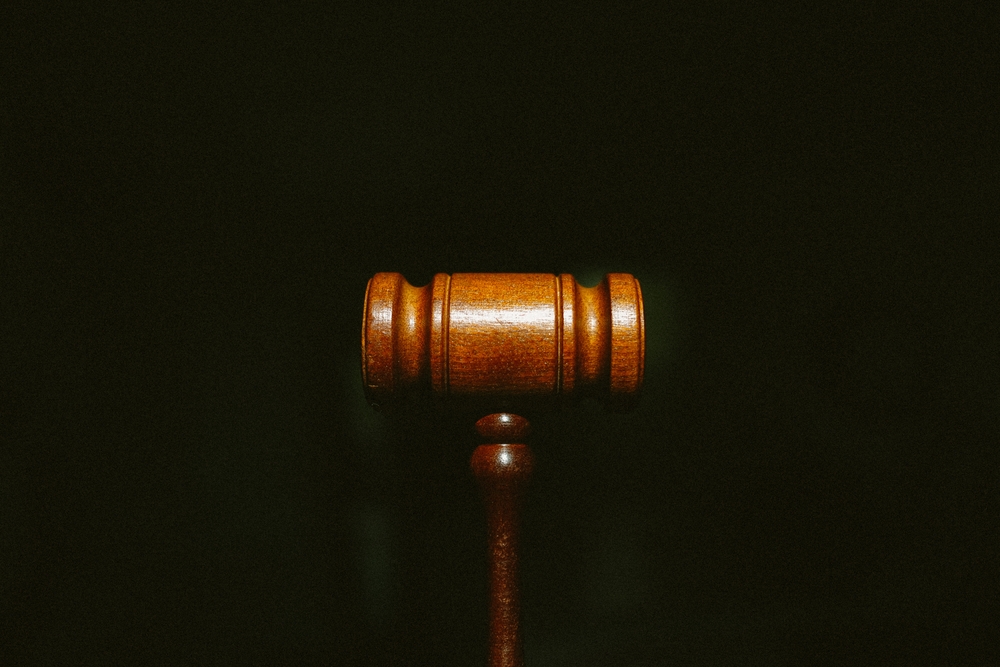Personal Injury Lawyer
Following a personal injury of any kind, a victim is entitled to seek compensation and justice. Such compensation is generally awarded by either filing a claim through the other party’s insurance company or by filing a lawsuit. However, you might be wondering exactly what type of compensation you’re entitled to. Many people tend to think of immediate medical bills and compensation for property damage (like in the case of a car accident).
However, compensation can cover a wide range. We’ll break down the three different forms of compensation and what they can potentially cover.
Economic Damages
Economic damages are the first form of compensation and include elements that are easy to account for. These elements typically carry an exact or approximate dollar figure. Examples include:
- Compensation for medical bills: Whether a broken bone or injuries that’ll last a lifetime, you’re entitled to have all your current and future medical bills compensated. This includes hospital stays, any surgeries, medication, physical therapy, etc.
- Lost wages: When a personal injury leaves you unable to work or reduces your ability to work, you’re entitled to receive compensation for any lost wages. Doing so can help you with expenses like groceries, travel, paying rent, etc.
- Vocational rehabilitation: Your accident may leave you unable to work at your previous job/career. However, you may still be deemed fit to work after you recover, but will need to switch careers. This may require training and/or education, especially for seeking out gainful employment that’s around your previous earning power.
Non-Economic Damages
Non-economic damages refer to damages that are harder to calculate and often don’t carry an exact dollar figure. Examples may include:
- Pain and suffering
- Emotional distress (including the development of conditions like PTSD)
- An overall reduction in the quality of life
- The inability to successfully maintain relationships
- Temporary or permanent physical disfigurements–ranging from minor scars or bruises to conditions like blindness or being paralyzed
- A loss or reduction of sexual functions
Punitive Damages
Punitive damages are typically rarer and are mostly filed against larger entities like corporations. However, individuals can sometimes pay punitive damages as well.
While economic and non-economic damages are meant to make the victim whole, punitive damages are used as a way to punish the defendant and deter them from taking any similar actions in the future. Sometimes they’re also used as a way to deter similar actions from other parties.
In order for a party to qualify for punitive damages, there needs to be evidence that they acted maliciously or knowingly with negligence. For example, a company releasing a product that they know isn’t safe or could cause harm as a way to not hurt their profit margins.
While rare, a personal injury lawyer can help determine if your case calls for punitive damages or not. Additionally, the right lawyer can help ensure you receive the justice and compensation you deserve. They can negotiate with the insurance companies and apply legal pressure when needed. Our friends at Greenspan & Greenspan P.C. can help!


